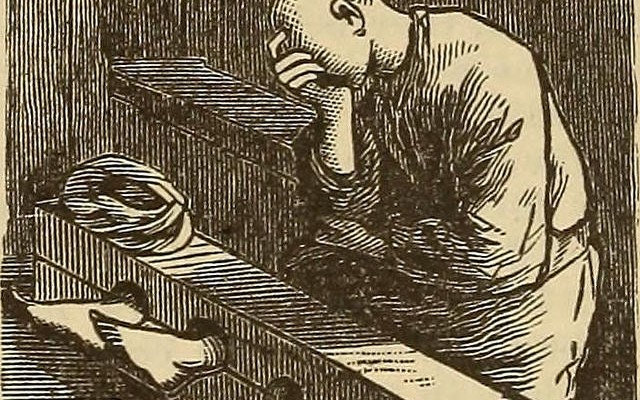The person honourable, the crimes austere.
In circumstances of woodland decay
well suited to delinquency
she got her youthful face for a song.
Now she’s over it,
fortune favours etc.
Fortis non ferox.
The mood’s hard driving and it’s dirty work.
Paradiastole prevails,
redescribing vices as virtues.
Stoic, sceptic, epicurean: count the lessons
and clean up as you go.
Inculcate the sense of a person speaking
to someone who cares.
Austerity



